Our mission
Our mission is to replace heavily polluting motors with clean electric technology. We believe our technology is part of the solution for the sustainability of the earth and human kind.
Our mission is to replace heavily polluting motors with clean electric technology. We believe our technology is part of the solution for the sustainability of the earth and human kind.
We are a team of people, with diverse talents and skills, working together for a better future. Collectively, we have the knowledge and experience to make a tangible difference.
In around 1830, Michael Faraday started developing the first model of the electric motor.
By the 1880’s electric motors were commercialized and used widely in cars and machinery, competing with steam engines at the time.
Later, Nikola Tesla and others would give us a greater understanding of electricity, much of which provided the foundations of the technology we still use today.
Although electric motors have evolved to some degree, not much has changed in the construction and operation of the motors.
In 2012, through trial and error playing with coils and their kinetic potential, eUnity Systems stumbled upon the knowledge necessary to theorize an electric motor that meets its full potential.
In 2013, we started building and testing our first motor with the use of these coils in order to prove our concept – it became evident that our new coil was more effective than any coil currently on the market.
Since then we’ve built 7 prototypes including axial (disc shaped) and radial (ordinary rotor) models. Through our discoveries, we have a solid foundation for building electric motors, generators and transformers that harness full electrical potential, without heat and wasted energy.
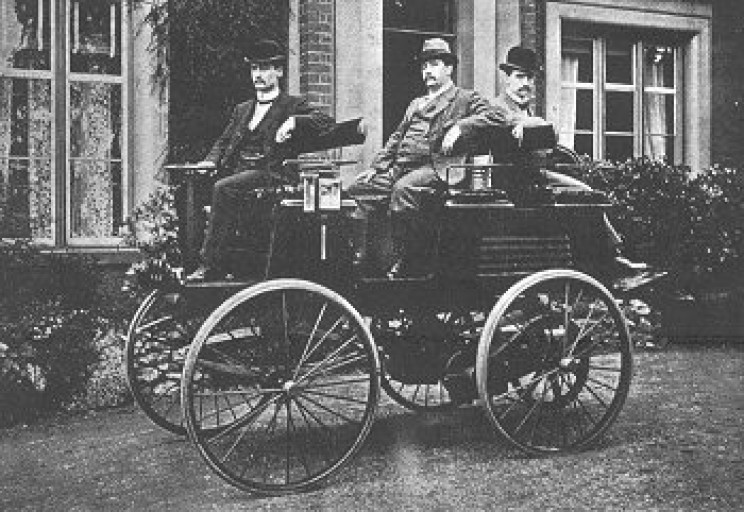
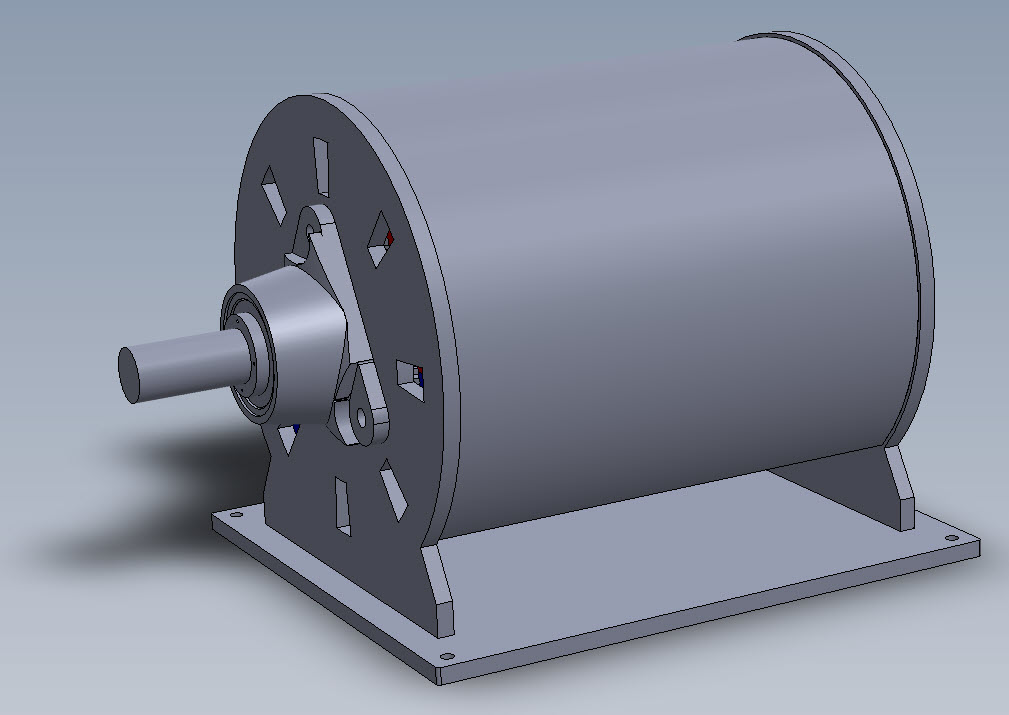
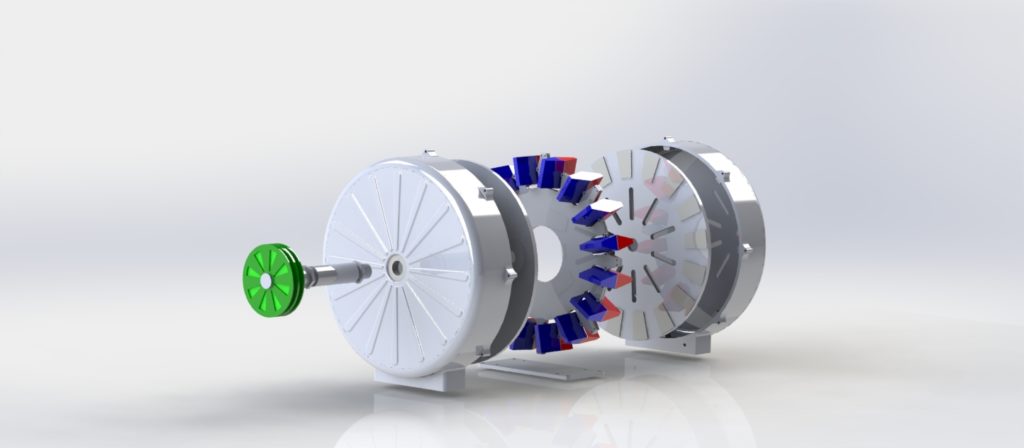
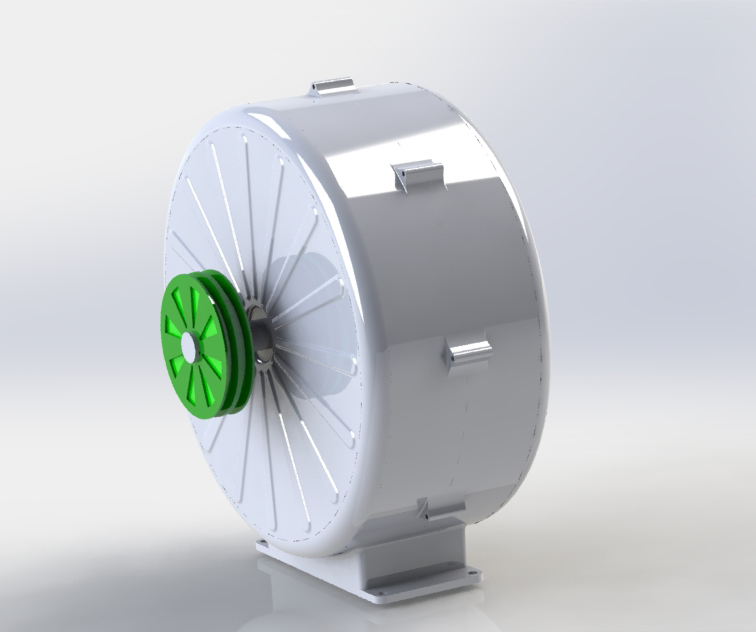
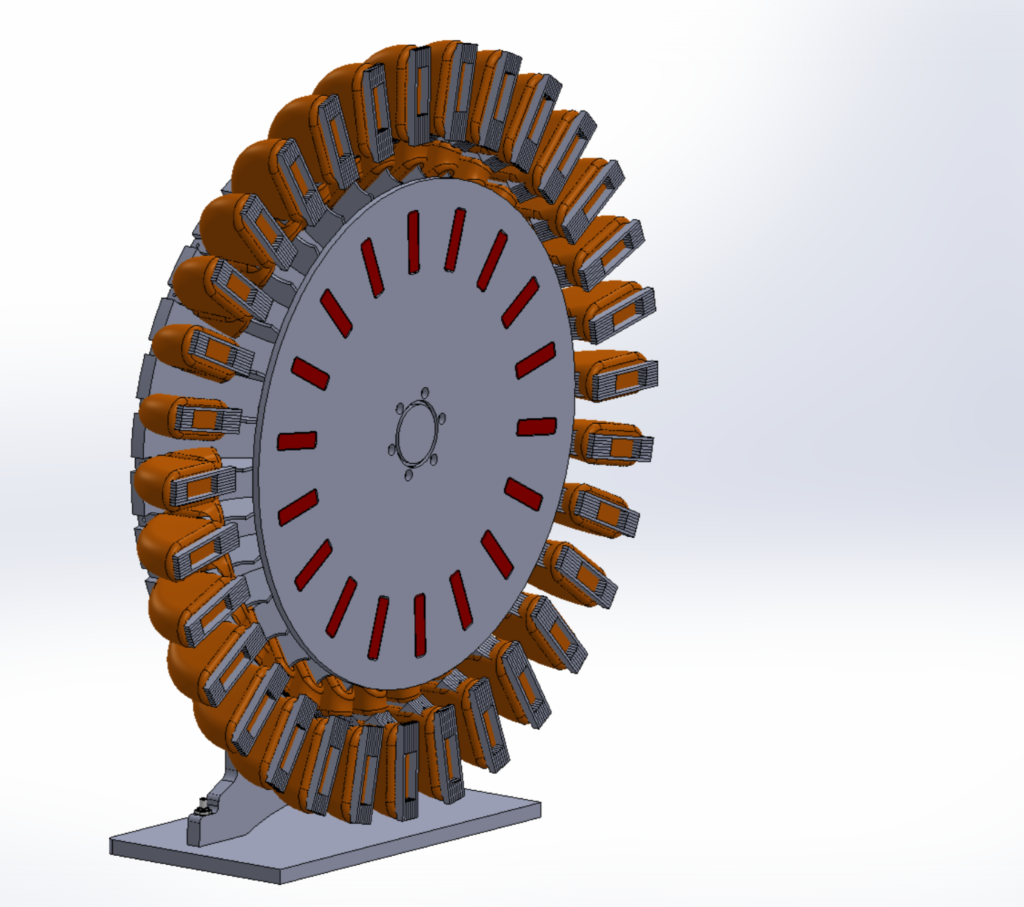
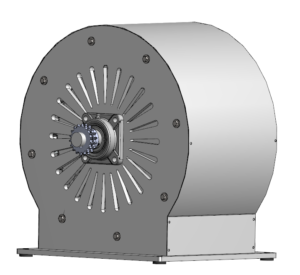
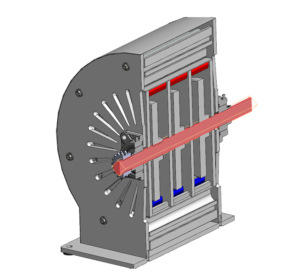
Commercial production of electric motors started around 1880. Although there have been many new discoveries and scientific advancements since then, the electric motor has largely stayed the same.
The basic principles of electricity dictate that there are North and South poles. However, eUnity Systems has proven that there is much more to it through our years of research, leading to the invention of our two-way (action/reaction) coil.